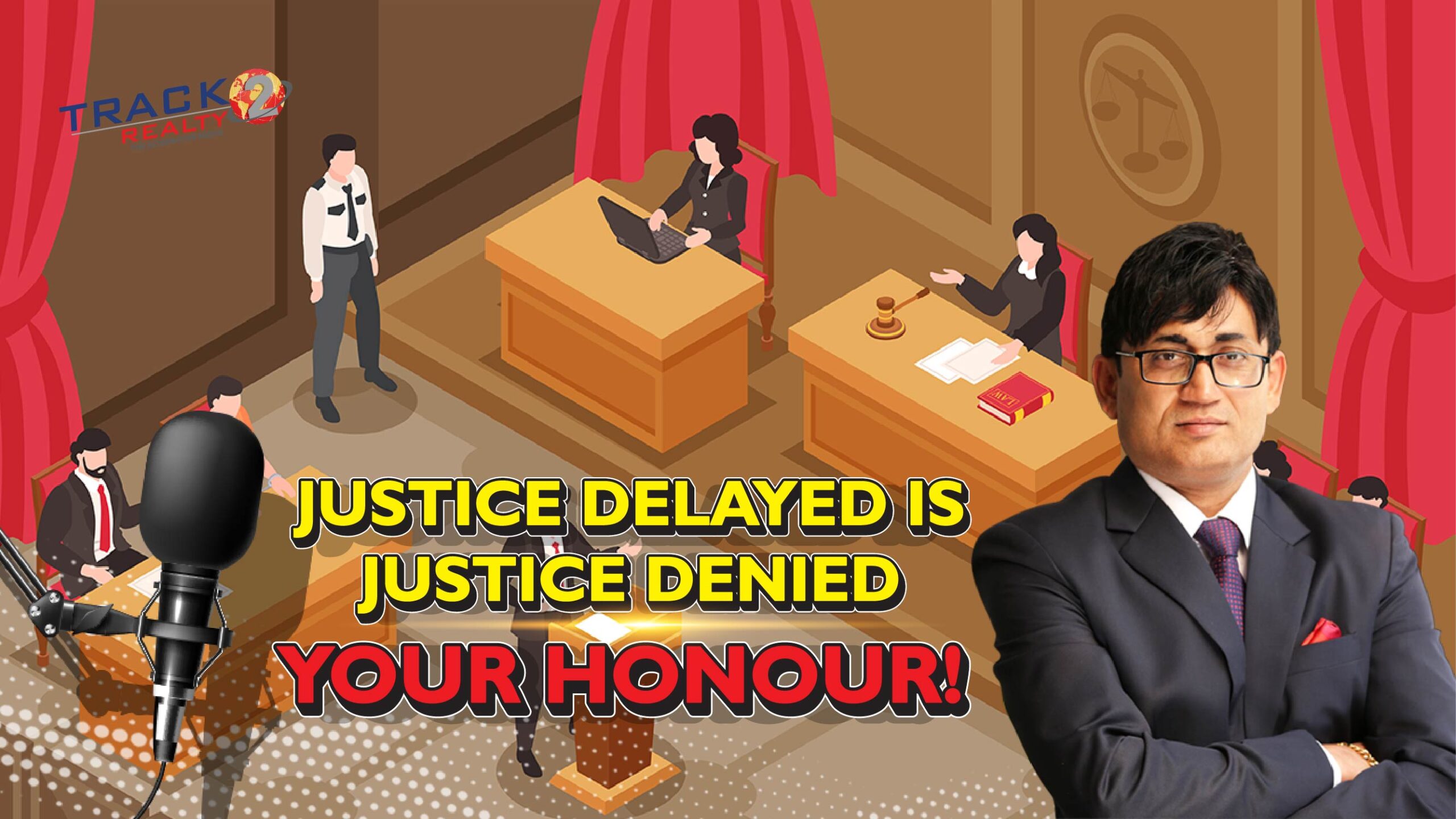Launching its multi-pronged strategy to focus attention on the real estate industry’s unending series of problems, CREDAI (Confederation of Real Estate Developers’ Associations of India) has decided to send an ‘SOS’ to the Prime Minister and planned for a nationwide developers strike to sensitize the policy makers.
The Real Estate industry across the country has been a victim of “official apathy and indecision” at various levels that has brought to a crippling stage, said Lalit Kumar Jain, national President – CREDAI.
In a statement reflecting the concern of real estate industry Jain said, “Despite the fact that the sector contributes close to 7% – working out to a whopping Rs140,000 crores – we are facing suffocation due to various administrative delays on various counts. All our appeals for speedy action are falling on deaf ears”.
CREDAI recently held a conclave of developers, with 112 city presidents and 22 state presidents of the Confederation participating at Pune recently. They discussed the burning issues being faced by the real estate industry.
CREDAI will soon seek an appointment with the Prime Minister to discuss the need for speedy reforms in the realty sector. CREDAI in next governing council body meeting will decide to call for a day’s strike to draw the government’s attention to the problems being faced by the industry, Jain said.
“We may have to go on an indefinite strike if the problems affecting the developers and home buyers are not addressed.”
He clarified that the developer community is not against any government or a political party. “Our aim is to get all the problems resolved so that we developers can an effective role in the housing for all mission planned by the government,” he said.
Pointing out that “where there is will, there is a way”, Jain said Nashik district collector deserves kudos for successfully implementing policy of giving NA clearances within eight days of submitting a proposal.
Jain explained that the housing shortage works out to 27 million as per current projections, and by 2025, shelter will be of a matter of a huge concern for nearly 50 crore people.
“Obviously, the government alone will not be able to meet the gigantic challenge and it will be imperative for it to involve the private sector initiatives on a large scale,” he said and lamented, “We need more officers like the Nashik collector, but unfortunately, the prevailing delay mechanism is not at all encouraging.”
Instead of facilitating the industry to function without any hurdles, the government is enforcing policies like compulsory reservation of 20% of the developed property for affordable housing, he said and asked: “Is it fair to burden the majority 80% buyers with additional cost?”
There are many ways like making land available at an affordable rate for the developer so that he can build affordable homes for buyers. And, reforms on taxation, administration and banking are also very important, he stressed.
Experience in other parts of the world has shown that with reforms on four counts – administrative, land, taxation and banking – are vital for mass construction of houses. This requires political will and involvement at the highest levels across the spectrum.
“Our much acclaimed Prime Minister, being credited for being the father of Indian reforms, should guide the country for real estate reforms as well,” Jain said.
Real estate is a capital and labour-intensive industry and it supports over 200 other industries like steel, cement and other construction material. Thus, the reforms will have a cascading affect leading to a doubling of the GDP, employment for a crore of people, apart from proving a million white collar jobs.






